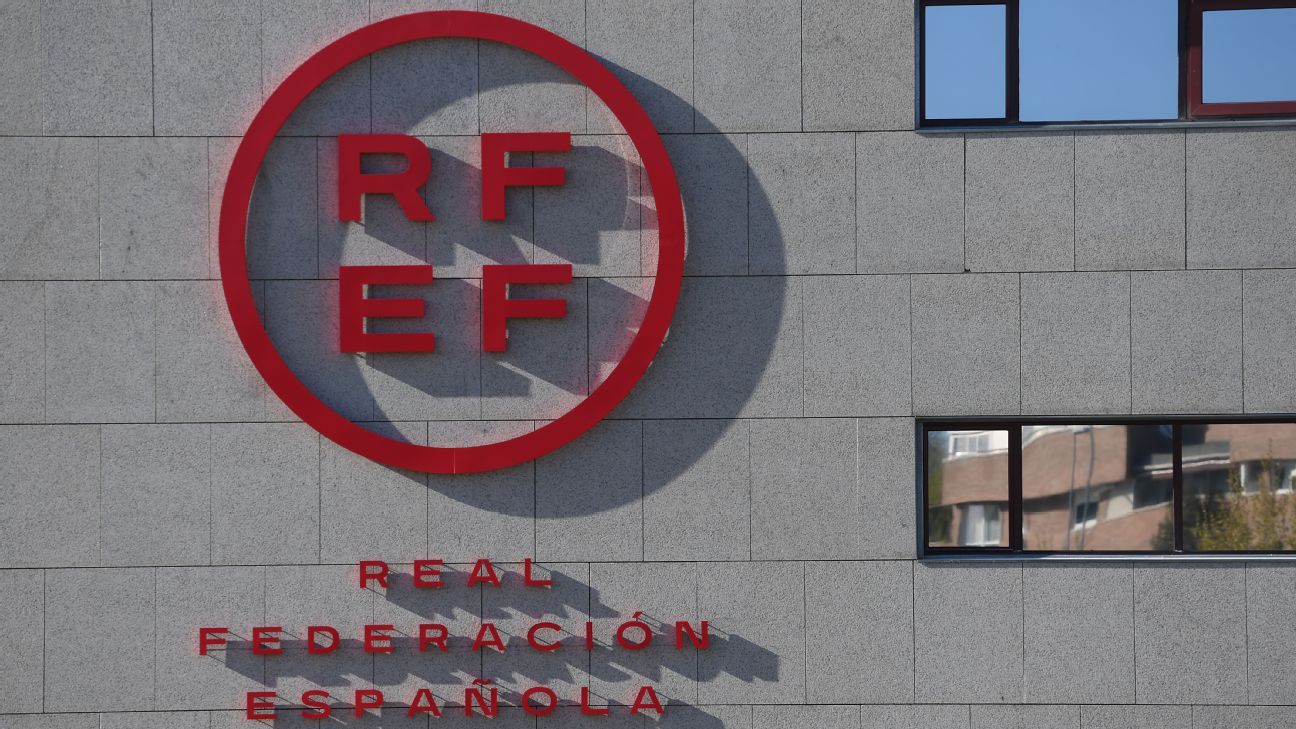
MLS players received an increase in prize money for the Club World Cup, according to sources.
The MLS Players Association and the FIFA Club World Cup Agreement
In an exciting development for Major League Soccer (MLS) players, the MLS Players Association has successfully negotiated an increase in the share of prize money from the FIFA Club World Cup. This agreement represents a significant milestone in the ongoing dialogue between players and the league, highlighting the evolving landscape of soccer in the United States.
New Terms of Compensation
The previous Collective Bargaining Agreement (CBA) stipulated that players would receive 50% of prize money from external tournaments, capped at $1 million. However, under the newly negotiated terms, players from the three MLS teams participating in the FIFA Club World Cup will now receive 20% of performance-related payments for wins, draws, and advancing rounds in the tournament. This adjustment marks a crucial enhancement to player compensation, reflecting the growing significance of the Club World Cup in the broader soccer ecosystem.
Ongoing Negotiations
Despite extensive discussions, the final agreement was not reached before the kickoff of the tournament. The talks continued through the tournament’s duration, culminating in a new CBA portion signed on June 27. This moment underscores the complex relationship between MLS and its players, as both sides navigate the intricacies of international competition and player rights.
Financial Implications for Players
The updated agreement means that players are now set to receive a minimum of 40% more than the previous cap of $1 million. Alongside this increase, they will also benefit from 30% of all performance-based prize money from the Club World Cup without any cap on the potential earnings. This progressive move is poised to provide substantial financial incentives for players striving to excel on the international stage.
FIFA’s Prize Money Breakdown
According to FIFA, each Concacaf club participating in the tournament earned an impressive $9.55 million. Additional rewards included $1 million for each draw, $2 million for each win, and $7.5 million awarded to clubs that made it to the round of 16. The potential for higher earnings existed for teams progressing further in the tournament, thus elevating the stakes for both players and clubs competing in the prestigious event.
Performance of MLS Teams
During this edition of the Club World Cup, Inter Miami emerged as the standout MLS team. Players from Inter Miami collectively earned $4.7 million, which included $1.25 million for participation, $1.2 million based on their group-stage performance, and $2.25 million for reaching the knockout stage, where they faced Paris Saint-Germain. Notably, they secured a single victory against FC Porto, making history as the only MLS team to win a match in the competition.
Conversely, the Seattle Sounders earned $1.25 million for their participation but failed to secure any wins during their group matches, collecting only $150,000 in total. LAFC also participated in the tournament, receiving a similar $1.25 million for their entry along with $250,000 from a playoff victory and an additional $300,000 based on their group-stage results.
General Allocation Money
In addition to performance bonuses, MLS has provided each participating team with $750,000 in General Allocation Money at the start of the season. This financial support aims to enhance team-building efforts and improve squad depth, significantly impacting the competitive landscape of the league.
Looking Ahead
It’s important to note that these new compensation terms will not apply to the next installment of the Club World Cup, scheduled for 2029. With the current CBA set to expire in 2028, there is an air of anticipation about how negotiations will evolve as the league and its players prepare for future international competitions.
The agreement reached between the MLS Players Association and the league reflects a growing appreciation for the players’ contributions and a commitment to ensuring they are fairly compensated as they represent MLS on the global stage. This development signals a progressive shift in the relationship between soccer in the U.S. and its role in the international arena, paving the way for a more equitable future for players and the league alike.



